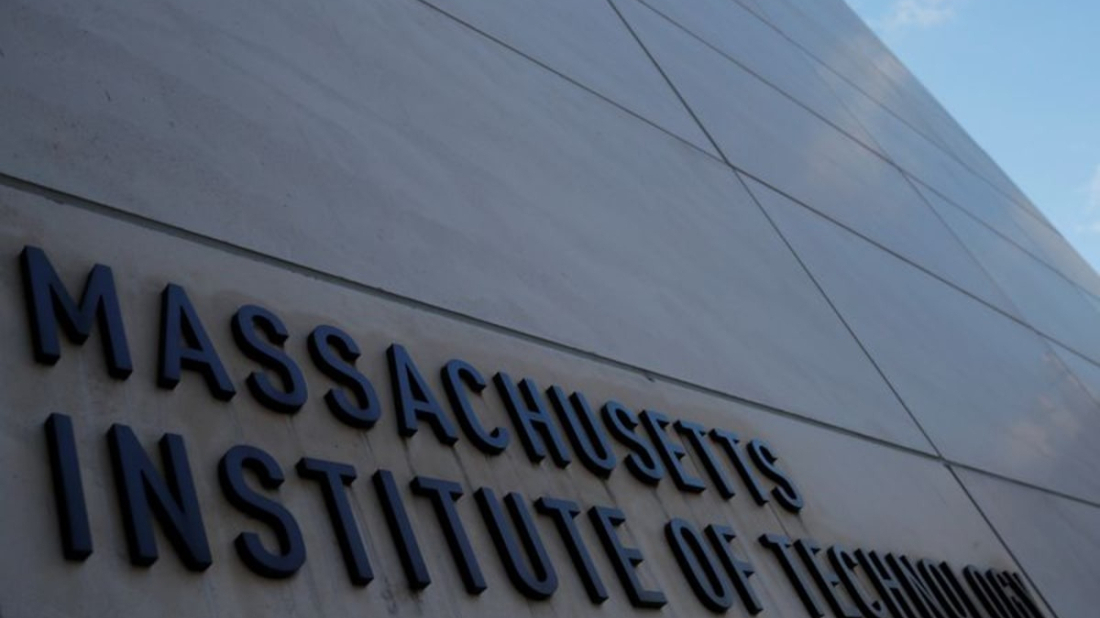The White House: U.S. ground troops ‘not part of plan’ in Iran
The White House says deploying United States ground troops in Iran is not currently part of the military strategy in ...

The Massachusetts Institute of Technology (MIT) has closed its Diversity, Equity and Inclusion (DEI) office following the conclusion of an 18-month internal review, as growing political pressure from the Trump administration continues to strain relations with U.S. higher education institutions.
The decision to dissolve the Institute Community and Equity Office (ICEO) was announced last week by MIT President Sally Kornbluth, who initiated the review in early 2024, months before Trump returned to the White House.
In a statement to the MIT community, Kornbluth emphasized the university’s ongoing commitment to diversity but noted the need for structural changes. “Our success depends on attracting exceptionally talented people of every background, from across the country and around the world, and making sure everyone at MIT feels welcome and supported, so they can do their best work and thrive,” she said.
MIT confirmed that while the central ICEO and the associated vice president role will be phased out, several key DEI-related programs will be transferred to other units across the university, reflecting a more decentralized approach to inclusion efforts.
Political Backdrop
The move comes at a time of escalating federal scrutiny of universities, with the Trump administration threatening to freeze federal funding to several prominent institutions, including Harvard, over their handling of pro-Palestinian campus protests and continued support for DEI initiatives.
Critics in the administration argue that DEI programs promote “ideological bias” and violate federal neutrality principles, while supporters maintain they are essential to fostering inclusive academic environments.
Although MIT’s review began independently of these political developments, the timing of the decision has raised questions about how academic institutions are responding to shifting political pressures and the threat of funding restrictions.
MIT has not publicly linked the closure of the DEI office to any federal directive or political influence.
As the debate intensifies nationwide, MIT's decision may serve as a bellwether for how elite U.S. universities recalibrate their diversity strategies under a renewed conservative federal agenda.
U.S. President Donald Trump said the U.S. military has enough stockpiled weapons to fight wars "forever"; in a social media post late on Monday. The remarks came hours before conflict in Iran and the Middle East entered its fourth day.
U.S. first lady, Melania Trump chaired a UN Security Council meeting on children and education in conflict on Monday (2 March), a move criticised by Iran as hypocritical following U.S. and Israeli strikes that triggered a UN warning about risks to children.
A torpedo from a U.S. submarine sunk an Iranian warship off the coast of Sri Lanka, U.S. Secretary of Defense, Pete Hegseth told reporters as the Iranian conflcit entered its fifth day on Wednesday.
The U.S. embassy in Riyadh was hit by two drones resulting in a limited fire and some material damage, the kingdom's defence ministry said in a post on X on Tuesday, citing an initial assessment.
Shahid Motahari Sub-Speciality Hospital in northern Tehran and parts of the Golestan Palace were bombed on day two of the U.S.‑Israel strikes. AnewZ Touraj Shiralilou is in Iran's capital city and said that the facility was flattened in an airstrike.
The White House says deploying United States ground troops in Iran is not currently part of the military strategy in the ongoing conflict with Tehran.
Israel has warned residents to leave a significant area in southern Lebanon, instructing them to move north of the Litani River as hostilities with the Iran-backed Lebanese group Hezbollah intensified on Wednesday.
U.S. Defense Secretary Pete Hegseth says the United States is making gains in its conflict with Iran after a key Iranian naval target was destroyed, confirming that the strike was carried out by a U.S. submarine off the coast of Sri Lanka. Rescue efforts are now under way for the ship’s crew.
Start your day informed with AnewZ Morning Brief. Here are the top news stories for the 4th of February, covering the latest developments you need to know.
Strikes across the Middle East are intensifying, fuelling travel disruption, driving up global energy prices and forcing diplomatic missions to shut their doors.
You can download the AnewZ application from Play Store and the App Store.

What is your opinion on this topic?
Leave the first comment